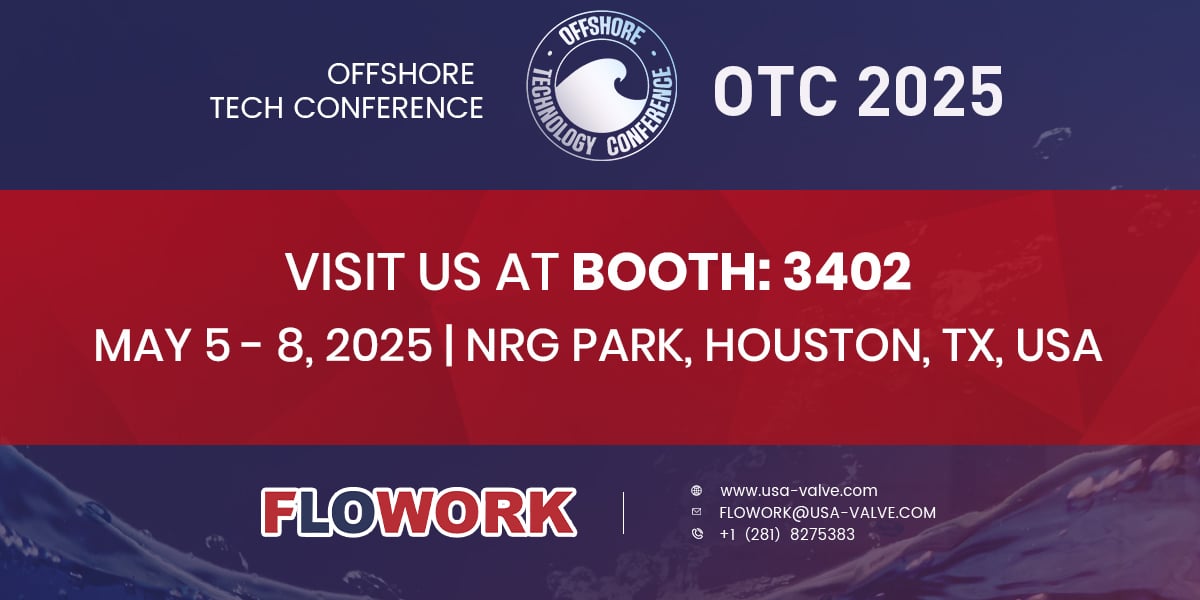What is the sealing material of jacketed ball valve?
Jacketed Ball Valve is a valve type widely used in petroleum, chemical, pharmaceutical and food industries. Its unique design structure enables it to maintain excellent performance and reliability under various extreme working conditions. For Jacketed Ball Valve, it is crucial to choose the appropriate sealing material, which will directly affect the leakage rate, service life and safety of the valve. I would like to talk to you about the selection and performance of sealing materials in Jacketed Ball Valve and the challenges in practical applications. I will focus on the performance of these valves in extreme environments such as high temperature, high pressure and chemical corrosion, and reveal the material science and technology behind them, forged ball valve.
1. Common sealing materials and their properties
Polytetrafluoroethylene (PTFE): PTFE is a common sealing material with good corrosion resistance and chemical stability. It has a low friction coefficient and good self-lubricating properties, so it is widely used in various valves. However, PTFE has limited high temperature resistance and is usually used below 250°C.
Filled PTFE: By adding fillers, such as glass fiber, carbon fiber or metal powder, to PTFE, its high temperature resistance and mechanical strength can be improved. Filled PTFE can typically be used in high temperature environments above 300°C and has excellent chemical resistance and wear resistance.
Polyimide (PI): PI is a high-performance polymer material with excellent high temperature resistance and mechanical strength. Its melting point is usually above 400°C, so it is suitable for high temperature and high pressure working conditions. In addition, PI also has excellent chemical resistance and electrical properties.

2. Challenges and considerations in sealing material selection
When choosing a sealing material for your Jacketed Ball Valve, you need to consider the following factors:
Operating temperature and pressure: Different sealing materials have different resistance to high temperatures and high pressures. When selecting a sealing material, make sure it can withstand the actual operating temperature and pressure requirements of the valve, low temperature ball valves.
Chemical Compatibility: Valves may be exposed to a variety of chemical media, including corrosive media. Therefore, when selecting sealing materials, its compatibility with chemical media needs to be considered to avoid chemical corrosion and leakage.
Friction and Wear: Valves experience friction and wear during operation. Choosing sealing materials with good self-lubricating properties and wear resistance can reduce operating torque and extend valve service life.
Safety and Reliability: The safety and reliability of valves are critical to fluid control systems. When selecting sealing materials, you need to ensure that they comply with relevant safety standards and regulatory requirements.

3. Cases and experience sharing in practical applications
In practical applications, the selection of sealing materials for Jacketed Ball Valve needs to be based on specific working conditions and requirements. The following are some cases and experience sharing:
In the petroleum and chemical industries, valves may be exposed to various corrosive media and high-temperature and high-pressure environments. In this case, Filled PTFE or PI can be selected as the sealing material to ensure the reliability and safety of the valve.
In the pharmaceutical and food industries, there are higher hygiene and safety requirements for valves. Therefore, when selecting sealing materials, one needs to consider their compatibility with food and pharmaceuticals and compliance with relevant hygiene standards. PTFE and Filled PTFE are common choices because of their good chemical stability and self-lubricating properties.
In some special applications, such as nuclear power plants or extreme environments such as deep-sea oil exploration, the requirements for valve sealing performance are even more stringent. In these cases, customized sealing materials and designs may be required to meet specific requirements, duplex stainless steel ball valve.
4. The following is a summary I made
Through in-depth discussion and analysis of the sealing materials of Jacketed Ball Valve, I can draw the following conclusions: Choosing the appropriate sealing material is crucial to ensure the performance and reliability of the valve; when selecting the sealing material, you need to consider the operating temperature, pressure, Factors such as chemical compatibility, friction and wear, and safety and reliability; cases and experience sharing in practical applications can help me better understand and apply this knowledge, carbon steel gate valves.










